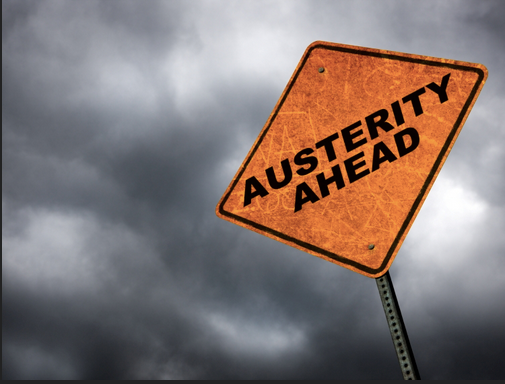A decade ago, the world was living in the aftermath of the worst economic crisis since the 1930s. Financial markets had stabilized, but the real economy was still in terrible shape, with around 40 million European and North American workers unemployed.
Fortunately, economists had learned a lot from the experience of the Great Depression. In particular, they knew that fiscal austerity — slashing government spending in an attempt to balance the budget — is a really bad idea in a depressed economy.
Unfortunately, policymakers on both sides of the Atlantic spent the first half of the 2010s doing exactly what both theory and history told them not to do. And this wrong turn on policy cast a long shadow, economically and politically. In particular, the deficit obsession of 2010-2015 helped set the stage for the current crisis of democracy.
Why is austerity in a depressed economy a bad idea? Because an economy is not like a household, whose income and spending are separate things. In the economy as a whole, my spending is your income and your spending is my income.




